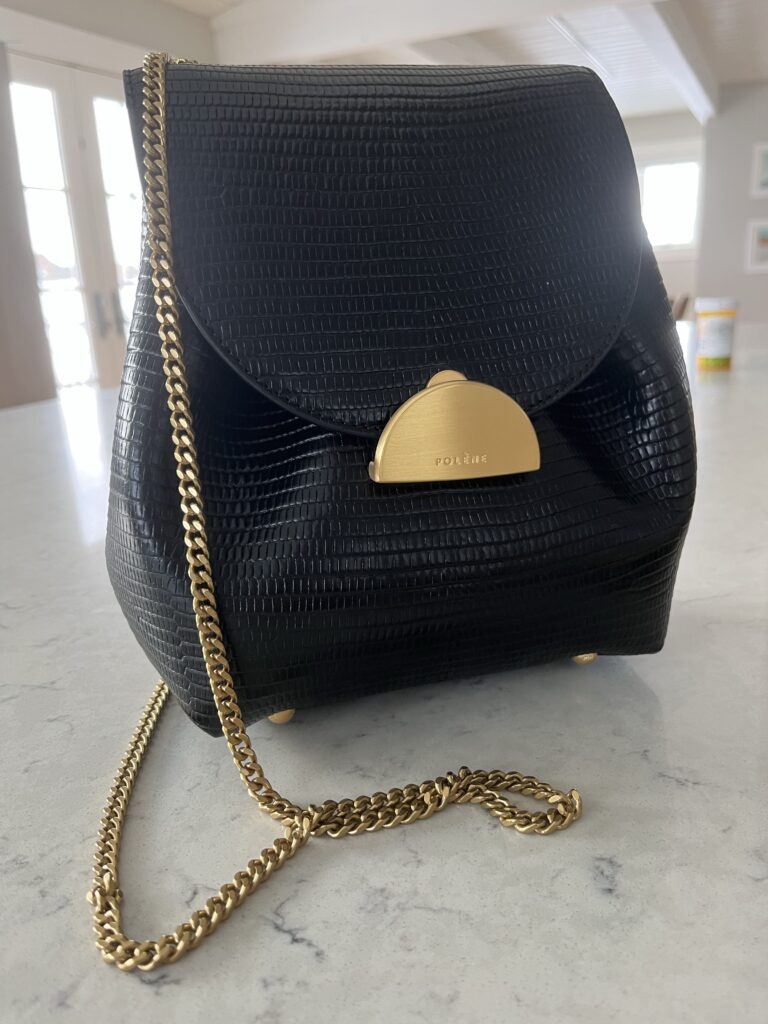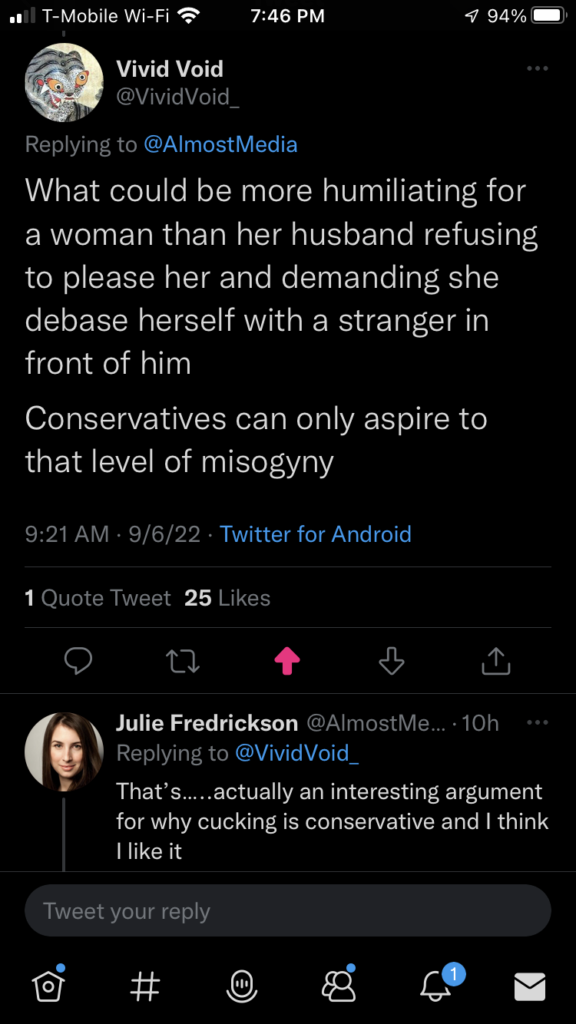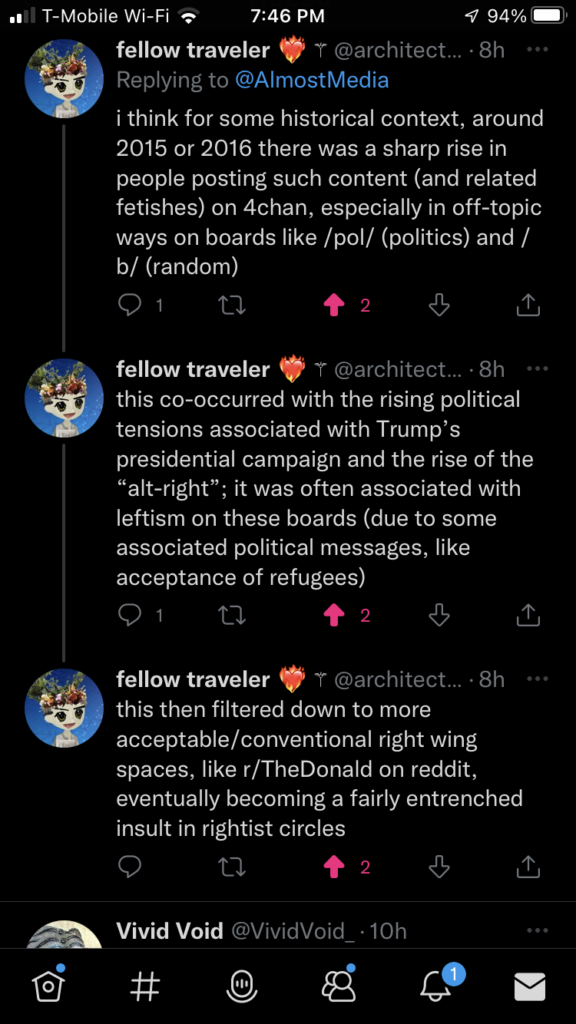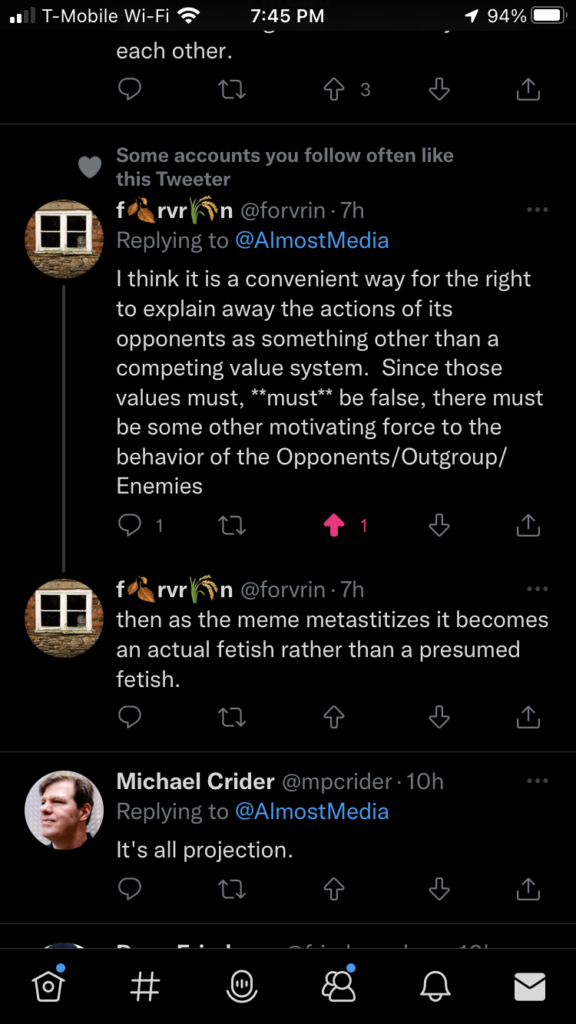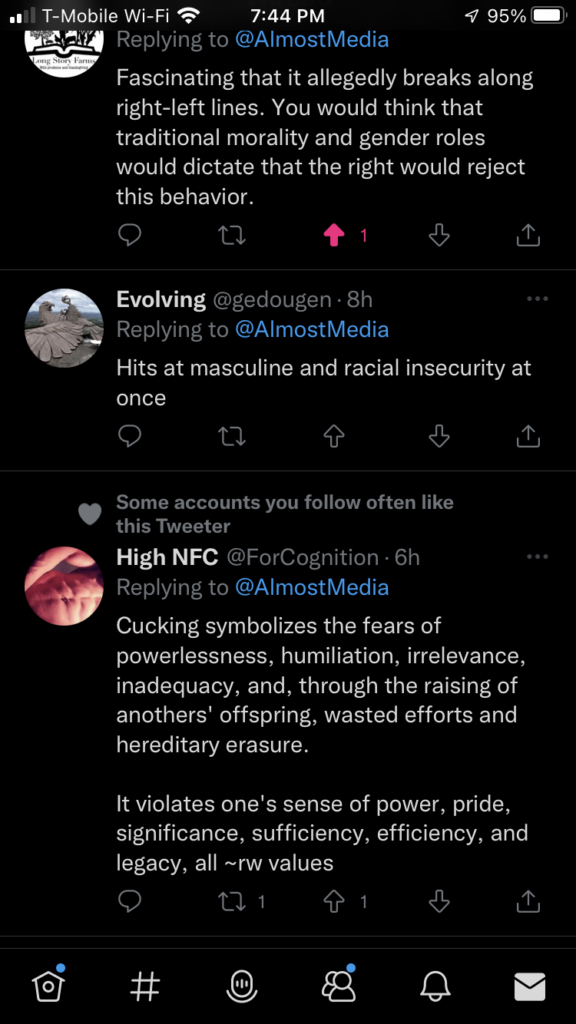So Elon, this isn’t likely to actually make it to you, but this is my blog, I write every day for myself, so why not, I can give it a try and pretend. If it turns out this is any good I’ll ask a mutual friend to send it to you.
tldr: I feel a (parasocial) connection with you & I want more from you (and maybe also for you). I know it feels cool and edgy to wink at taboos but you’re getting rekt by fuck bois, sycophants and opportunists.
I know we are all Galileo in our own mind shouting “and yet it moves” to narrow minded Papists but you realize being a martyr requires your death right? I don’t want you to die.
You certainly don’t remember this, but we met a number of times in the mid-teens. Times like when a friend of mine hosted a blow out birthday party in New York. We sat next to each other in some awful club and discussed chess with a small group. The same friend had a big wedding. I remember goofy dancing. Your sons made snow angels in the confetti. It was nice.
You seemed as uncomfortable as the rest of us nerds. Your autism didn’t seem any worse than mine though. I remember finding that comforting at the time. It has curdled into alienation over time as your fame far outstripped your origins. And I’m sad to have lost the feeling of love I had for you.
Before we “met” I had slight case of hero worship. I remember thinking here is someone just like me. He likes the same science fiction. He dreams about the singularity. He’s neurodivergent. And he wants to get us off this damn rock. And he’s got more money and power than I do so maybe he is worth admiring. I was young and stupid and hadn’t yet gone to real therapy.
I would tell my friends I wanted to die outside the earth’s gravity well. I thought perhaps you might be the man that got us there. Had I not had a chance to see how much you were just like me, perhaps I’d still be a stan.
Never meet your heroes. Everyone is just people. Now I’m worried I’ll die here on Earth filled with grief like Captain Kirk. There are no dicks left to ride once you realize we are all just humans.
What I see now from you isn’t power and happiness, it’s isolation and sadness. But I want you to know it doesn’t have to be this way. You don’t have to listen to the flattering dick riders. They want shit from you. They want their agendas and they see your money and power as a way to achieve it. I know you know this.
It makes me angry to see you coddle the parasites. I’m shocked your mother hasn’t told you to knock it off. She seems like a cold bitch who gets shit done. I’m sure she’s told you that you are better than them. The nerds and autists did not inherit this Earth just to squander it for the roar of the crowd. If it is all bread and circus, remember you are a king and not a clown.
Maybe you think their slavish slobbering attention is a fair trade for some of your magic, I used to be emotionally slutty like that too.
Being an attention whore isn’t unusual for someone with distant parents. Shitposters gotta post right? Once again, I feel a kinship to you on the compulsion to post and roast. I’m addicted to Twitter too. We are all filling up the holes leftover from our childhood. I’ve got daddy issues so I’m sure you get it.
And yes, I am projecting my own insecurities. But maybe I can tell you a story that will comfort you in the big wide universe. Maybe it will comfort someone else. Maybe it’s just to comfort myself.
I read you named your family office Excession. I’m also a fan of Ian M. Banks. Since 2008 or so, I carry around a paperback of Excession with me whenever I vacation. Which isn’t a lot. I normally use a Kindle to read but this paperback has become a kind of totem. It signals to my hindbrain that I am in a sympathetic state of rest and digest. I reread it over and over in 20-30 page chunks. It bounces me out of fight or flight now after much repetition, it’s my comfort book.
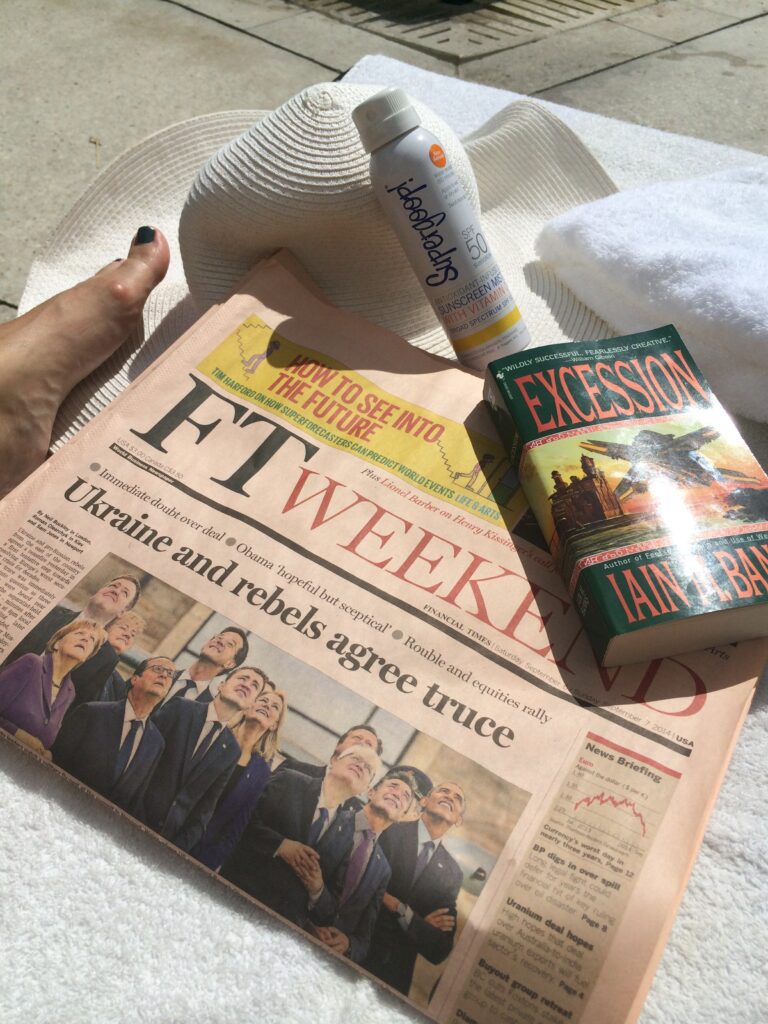

Your love for Ian M. Banks all felt very relatable to me as I’ve been dreaming of a post-scarcity world where my AI space ship friends shuttle me around as they pursue their inscrutable intentions. I want to sublime. Maybe not for a few thousand more years though. But I want to make it through the singularity to the other side, or at very least avoid dying in William Gibson’s jackpot. I feel like you get what apocalypses preoccupied my mind.
Most of my fantasies and fears have been touched by my love for science fiction. I saw in you someone who saw the same possibilities as me. You were very much one of us.
I also see someone being used for their dreams. They are harnessing you and your power to drive the rest of us to focus on their nightmares. Don’t let them steer you.
But your posting is reaching people. It’s annoying to some, but it hits. Maybe it hits too hard. But the isolation I imagine you feel isn’t necessary. Power laws can separate just as effectively as they bring us together. You don’t have to be surrounded by reply guys. There is a path to connection even for the most singular among us.
Now of course, I want something from you too. I want you to get us off this rock before it’s too late. I know it’s a big ask.
My best is advice is to go reread Excession and get yourself out of this persistent “fight or flight” cortisol pump. Get focused back on the shit that matters. Maybe find yourself a nice autistic sociopath who will love you for you. Maybe she can protect you from some of the pain. I’m sure you will figure it out.
I want you go to therapy. Mine is pretty good if you’d like an introduction. She’s an aristocratic 80 something Swedish woman, so you might like her. She’s perfect for working through attachment issues. She’s quite good at dealing with poor little rich kids with mommy and daddy issues. Her neighbors are all billionaires so she won’t be impressed by your bullshit. She has a sub-specialty in sex so she can probably help with that dick riding problem too.
And most importantly, she’ll be the only person who doesn’t want anything from you. And you need that more than anything.

